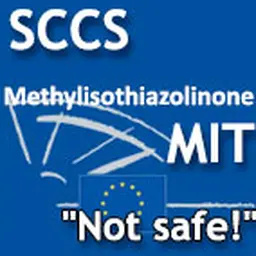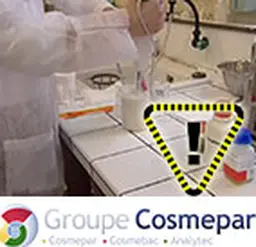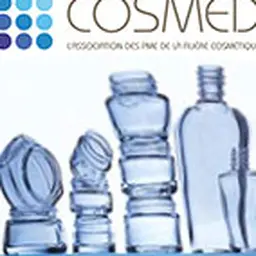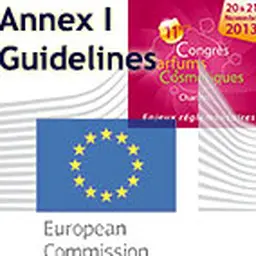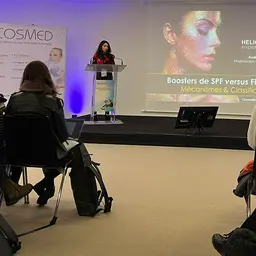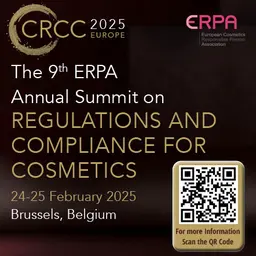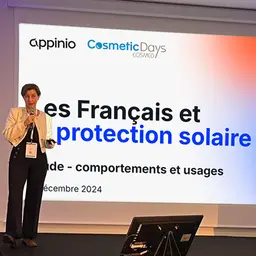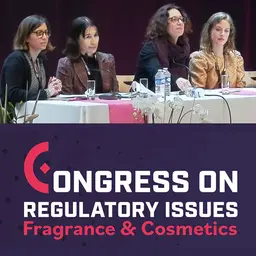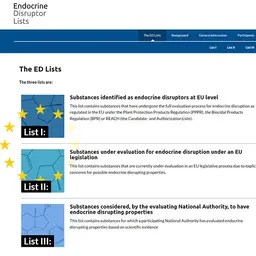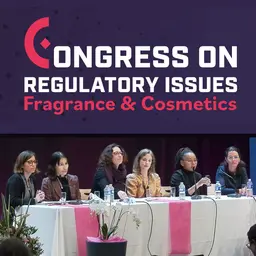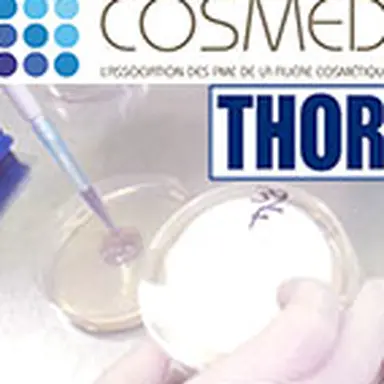
The microbiological stability of cosmetic products, and the preservative system that ensures such stability, are core priorities for the industry. What are the best solutions for ensuring and proving microbiological stability, and what are the pitfalls to watch out for? Stéphane Sellam (of Thor Personal Care) addressed this topic at Cosmed’s Technological Day held on 3 December in Toulouse.
Nowadays, it is common for speakers addressing cosmetics-related topics to begin with an overview of regulations. Stéphane Sellam was no exception, since the rules applying to microbiological stability changed when Cosmetics Regulation 1223/2009 went into effect on 11 July 2013.
The regulatory framework
In Europe, three documents summarise the approach required to evaluate the microbiological safety of a cosmetic product placed on the market or imported into the European Community.
Regulation 1223/2009 and its Annex I
Annex I of the Regulation describes the contents of the Cosmetic Product Safety Report. Item 3 of Part A is entitled ‘Microbiological quality’ and it stipulates that the following must be included in the report:
• The microbiological specifications of the substance or mixture and the cosmetic product. Particular attention shall be paid to cosmetics used around the eyes, on mucous membranes in general, on damaged skin, on children under three years of age, on elderly people and persons showing compromised immune responses.
• The results of preservation challenge test.
‘ In Directive 76/768, which the Regulation replaced, the challenge test was merely recommended,’ points out Stéphane Sellam. ‘ Now it is mandatory .’
Annex I guidelines
In addition to the Regulation, the European …

